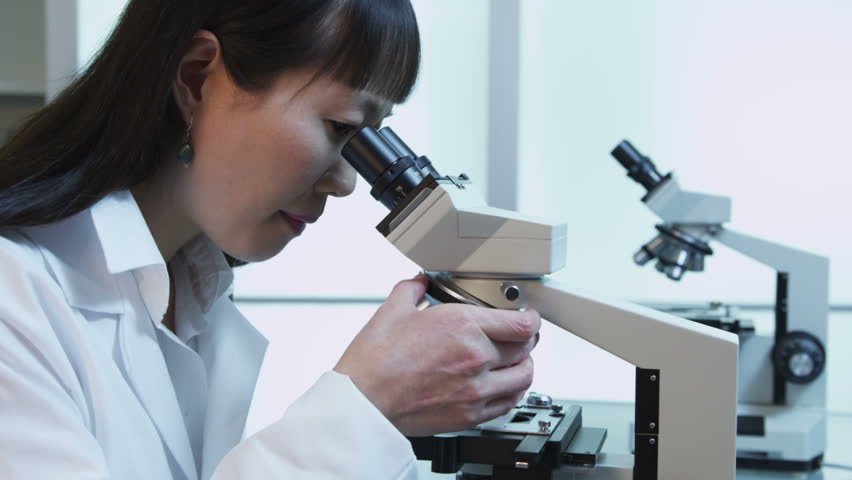
Image credit- shuttershock.com
Researchers in the U.S. and Japan plan to use Radio frequency identification (RFID) chips for keeping track of organoids, samples of human tissue that mimic pieces of organs and are grown from stem cells. The organoids the researchers embedded with RFID chips functioned normally and withstood extreme conditions, suggesting that they could be a useful way to organize and identify the large quantities of organoids that are often needed in experimental situations.
Human organoids are a promising avenue for research into human development and disease because they replicate the structure, function, and phenotype of our organs in miniature in the lab. Grown from human induced pluripotent stem cells, they divide, differentiate, and self-assemble according to the growth programs of their corresponding organs. And particularly in medicine, they can illustrate the effects of certain drugs on our organs in ways that more traditional cell cultures cannot.
More work needs to be done to scale up the production of these hybrid organoids, and the research team is currently working to develop a system that could scan the radio frequency and fluorescence of an organoid at the same time. The team also hopes that other kinds of microchips could be integrated into organoids in the future and that RFID chips with sensing technologies could be used to record real-time data about the organoids.




